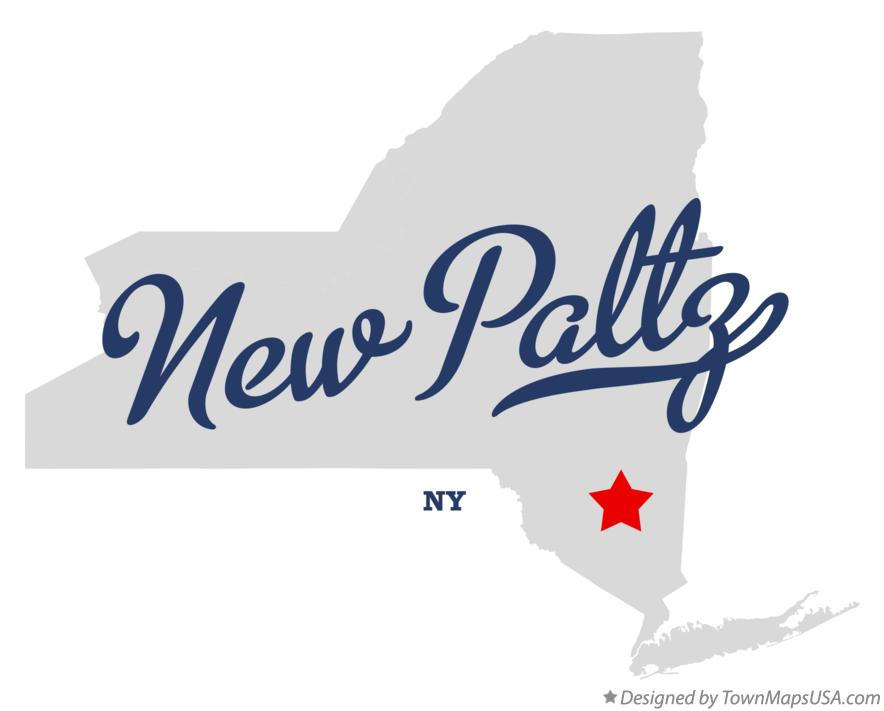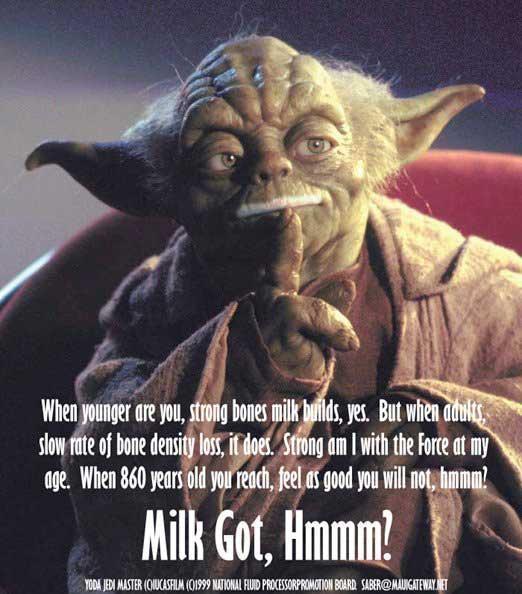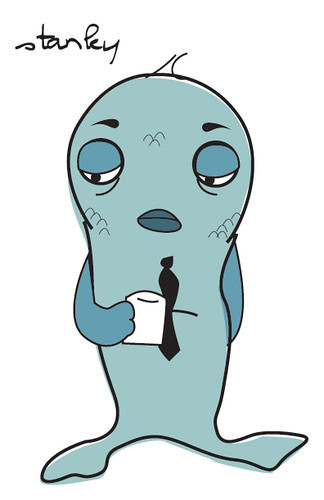"Hamlet" is the first of a few plays that I am hoping to really delve into and discover grammatical/syntactic curiosities within them. So, as part of our research for this past week Dr. Burton suggested finding a digital adaptation of the play of our choice and giving a review of it.
I was torn throughout the week as to which play I should view/listen to or if I should find more than one. It wasn't until today through the persuasion and guidance of others that I've decided to delve into more than one play.
However, I knew that I always wanted to view "Hamlet" and report on that. I mean the title of my blog should tell you that I really enjoy this play. There are so many aspects of it that really strike me as profound.
My husband, who has never seen an adaptation of the play was interested in watching a production with me. So we hunted (quite literally) for the 1990 version starring Mel Gibson. This version is one of my personal favorites because it is one of the first renditions of "Hamlet" that I've ever seen.

It took several days to find a copy of it, but fortunately we were successful!
And, as we sat down tonight, after our babies went to sleep, I pulled out my computer and linked to the text of the play in order to follow along as I was watching so that I could understand how the text is interpreted through the digital lens of movie making.
And I noticed a few things that I wouldn't have recognized initially.
First with the setting and characterizations and costuming:
I found each of these aspects to be fascinating while watching this version of the play/movie. I noticed that the setting itself is very dark, dank, and dismal. Even when the sun is shining there is a muted color scheme portrayed. This really sets the stage for the events of the story to unfold and gives the audience a visual aspect to associate with the tenor of the play.
The characterizations and costuming, to me, were well done. You could clearly see the dynamics in personality and temperment portrayed by the characters/actors. Each person, Mel Gibson, Glen Close, Ian Holm, were all characterized by what they wore and the expressions they portrayed upon their faces. If you notice while watching the movie, Gibson/Hamlet is ALWAYS dressed in dark colors. ALWAYS. Even when he is attending the play, he is wearing his dark suit underneath his crimson overclothes. He is often seen staring intently at others or out a window, lost in his own thoughts and brooding. His mother, on the other hand, is usually portrayed in light, brighter coloring. Her hair is also very fair and she usually has a smile upon her face or a worried expression on her brow. She seems to be a more innocent character. Polonius, too is dressed in dark colors much like Hamlet (correlation perhaps?) but he frequently displays his ability to TALK and great deal. He prone ot expressing his opinion through speech and high handed wit.
But, I decided to go further than observing the physical aspects of the play itself. I wanted to compare the text to the rendition with Mel Gibson in it. And I noticed that there is a lot missing in the movie that you don't find in the play, though this isn't surprising. Also, there seems to be a lot of switching of scenes. Different scenes are placed sooner or later than they originally were intended. It seems to me that this was done to enhance the emotional response of the audience set the viewer up for a dramatic climax.
Also, I noticed a few grammatical curiosities while watching and reading the play/movie.
For example:
There is A LOT of alliteration in Hamlet. I mean there's a ton of it! I noticed while reading the text that it is found everywhere. Like here:
Claudius: When sorrows come, they come not single spies,
Or
Ophelia: O, woe is me
To have seen what I have seen, see what I see!
In reference to the movie adaptation, every time alliteration was used there was a distinct emphasis placed upon those words. It seemed that Shakespeare structured the sentences and lines in such a way that a natural inflection was given to them when the speaker took on the role of their character. I found it interesting in the movie that Hamlet, Ophelia, and especially Polonius adjusted their speech patterns around the alliteration found within the lines.
ANOTHER thing I noticed was that very often throughout the play and movie, the character of Hamlet was often speaking in PROSE instead of verse. For instance, when Hamlet is speaking his "To be or not to be" soliloquoy, he is most certainly speaking in verse. BUT, when Hamlet is angry with Ophelia and goes on his rant against her, he is speaking in prose.
Here are the examples:
HAMLET
I will tell you why; so shall my anticipation
prevent your discovery, and your secrecy to the king
and queen moult no feather. I have of late--but
wherefore I know not--lost all my mirth, forgone all
custom of exercises; and indeed it goes so heavily
with my disposition that this goodly frame, the
earth, seems to me a sterile promontory, this most
excellent canopy, the air, look you, this brave
o'erhanging firmament, this majestical roof fretted
with golden fire, why, it appears no other thing to
me than a foul and pestilent congregation of vapours.
What a piece of work is a man! how noble in reason!
how infinite in faculty! in form and moving how
express and admirable! in action how like an angel!
in apprehension how like a god! the beauty of the
world! the paragon of animals! And yet, to me,
what is this quintessence of dust? man delights not
me: no, nor woman neither, though by your smiling
you seem to say so.
Watching Mel Gibson portray Hamlet and watching his anger against Ophelia (and likewise her reactions) in prose got me to thinking about exactly WHY Shakespeare used prose throughout his most passionate scenes. Why choose prose when poetry could suffice? Was it simply because of the natural flow of things. OR perhaps Shakespeare intended his scenes, where emotions and tensions run particularly mad, to be presented in prose to show the degeneration of thought and mental capacity?
It does make sense to me.





















